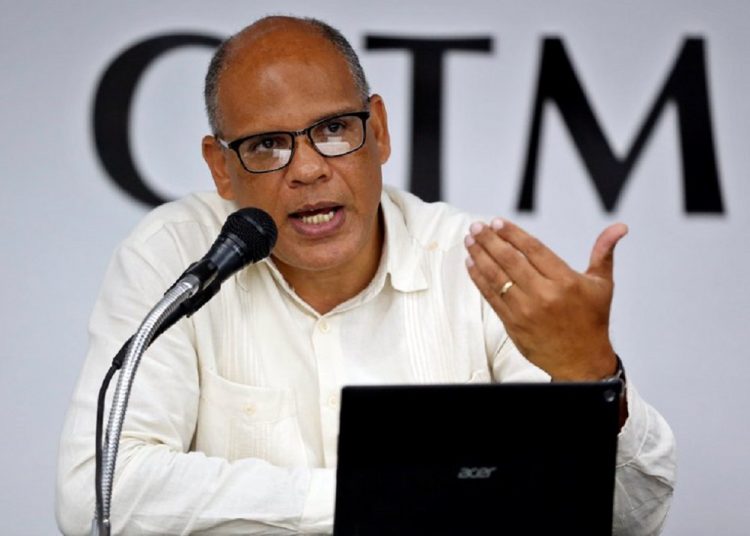Cuba announced this Tuesday the advances and challenges in science, technology, innovation and the environment that it will present at the Iberian-American Summit in Andorra, and demanded funding from developed countries so that low-income countries can meet their sustainability goals.
“They cannot resolve problems with their own resources,” said the director of international relations of the Ministry of Science, Technology and Environment (CITMA), Jesús Guerra, in a press conference prior to the 27th edition of the meeting that brings together the heads of state of the Iberian-American countries.
He affirmed that Cuba and other developing countries in the region require “international financing from the countries of the North” to help them meet their sustainable development goals for 2030.
https://oncubanews.com/cuba/presidente-cubano-participara-de-forma-virtual-en-cumbre-iberoamericana/?amp
The meeting will mark the formal return to the Iberian-American summits of a Cuban president since 2001, given that Miguel Díaz-Canel confirmed that he will participate by videoconference.
The director of international relations and other representatives of CITMA, including First Deputy Minister José Fidel Santana, highlighted the efforts made by the country in recent years in terms of science and innovation, such as the creation of four new state-owned high-tech companies and the approval of two science-technology park projects.
They also highlighted the advances in the medical sector, which are reflected in five COVID-19 vaccine candidates, two of them already in the final phase of testing.
They stressed that such advances have been possible despite the United States embargo, which hinders research and development activities in the Caribbean country, and this will be one of the main issues that Cuba will raise with its Iberian-American partners at the Summit.
Among the main challenges for the future, they mentioned a large-scale project to improve resilience to the impact of climate change on the southern coast of the island through natural resources, and the introduction of 55,000 electric vehicles in the country by 2030.
The Andorra meeting, which will be the shortest since its first edition in 1991, will be held in a hybrid format due to the coronavirus pandemic and will have a few delegates attending in person and the vast majority virtually.
In principle, it will only have the physical presence of the heads of State and Government of Andorra, Spain, Portugal, the Dominican Republic and Guatemala, while the others will participate by videoconference.










